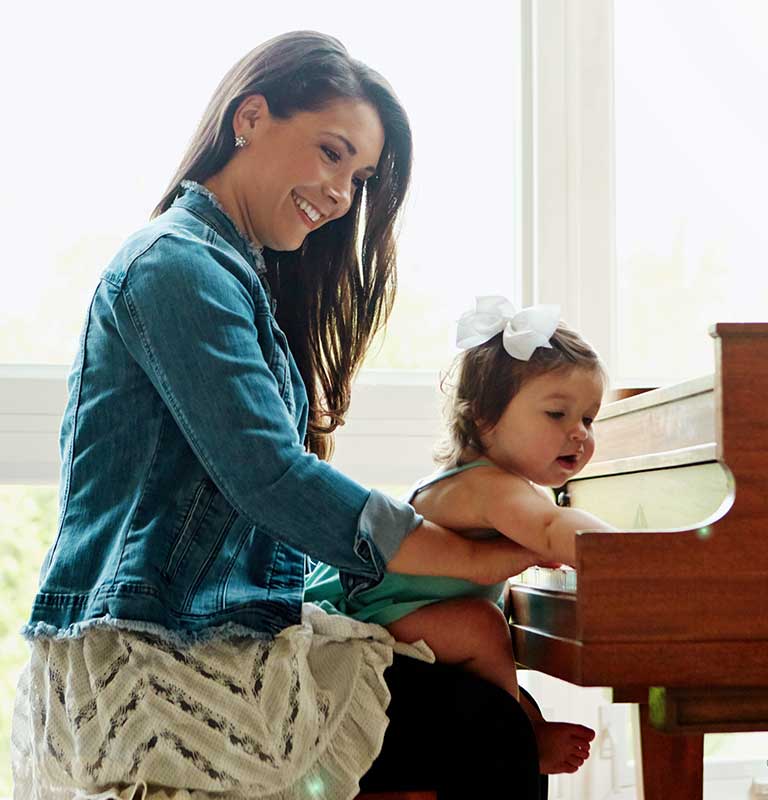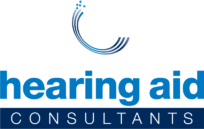Common Questions About Hearing Loss
Q. I’m not sure if I have hearing loss; what are the signs?
Many patients say that their family and friends notice their hearing problems first. Here are some other common indicators:
- You frequently ask things such as “What?,” “Can you repeat that?,” or “Can you talk louder?”
- You’re moving closer to the person speaking to you
- You’re exhausted at the end of the day
- You find that you are frustrated in conversations because you don’t catch everything
- You agree with what people are saying even though you don’t hear the person and you don’t want to keep asking them to repeat themselves
Q. What different kinds of hearing loss are there?
There are three different types of hearing loss. The results of your hearing evaluation will allow us to discuss which type you have, whether a medical professional needs to be involved and if the loss can be supported by use of hearing aid technology. At Hearing Aid Consultants, we have the tools and professionals to help. After reviewing your hearing evaluation, you and your provider will determine what style hearing aid and which level of technology will work best for you!
Q. Are there different solutions for different kinds of hearing loss? If so, what are they?
Hearing loss can be the result of a medical issue. At times, you may be referred to an Ear, Nose, Throat Specialist and they will determine cause and medical treatment for your specific case. If hearing aids can also be used, the physician will provide medical clearance for use of devices. A referral of this kind is for your protection!
Most hearing loss that occurs as we age is permanent. Hearing aids can support this loss in most cases. Moving forward with the decision to purchase hearing aids will be a result of the collaborative consultation with your provider at Hearing Aid Consultants!
Hearing Aid Questions
Hearing technology is often a misunderstood topic, but really doesn’t need to be. Explore below to see answers to frequently asked hearing aid questions.
We always say one is better than nothing; however, when it comes to your hearing, you are investing in a better quality of life. There are three key facts to consider:
- Your ears work together to process sound, so when you have hearing loss in both ears, it would be more beneficial to wear one in each ear
- If you have hearing loss in both ears and you are only aided in one, you might have a hard time distinguishing where sounds are coming from. For example, the hearing aid in your right ear may pick up sounds from your left, so you could find yourself turning in circles to determine where the sound is coming from
- You might find yourself to be off-balance when you can only hear out of one ear
You should clean your hearing aid at least once a month.
Batteries will typically last about 7-10 days depending on the size and amount of use. However, it varies—some only last 5-7 days and some can last up to two weeks. A recent advancement is rechargeable hearing aids. They need to charge daily, but you can typically get 18 hours of use from a full charge.
You can store up to four programs that you can switch between: volume control, mute, connectivity, and t-coil.
Yes. What many people don’t realize is that hearing aids aren’t just amplifiers. They also process sound based on the environment you are in. There are also programs and features within the hearing devices that can also assist you with hearing speech more clearly in a crowd.
There is a lot of research and development that goes into developing hearing aids. They are essentially two small computers on your ears. The technology within them can process the environment you are in within milliseconds.
No. Hearing aids are digitally reprogrammable, so if your hearing gets worse, we can simply make the changes needed in order for you to hear better with the same technology. At the initial fit, we make sure we order the correct power level needed to make adjustments in the future.
All hearing aids have a New York State mandated 45-day trial; however, we offer an additional 15 days to make it a 60-day trial period. Before your trial period ends (or on the 60th day) you may return the hearing aids if you do not like them. There would be a return fee associated with this, but you get the majority of your money back. We will also give you the opportunity to try another manufacturer. Sometimes people get accustomed to other manufacturers easier than others, so we are open to letting you try something different without penalty.
Hearing aids will not restore your hearing back to normal. Think of what they are called hearing AID. They aid your hearing to make it easier, but not perfect.

Hearing Myths / Facts
This is not true. Acting now instead of waiting the average of 10 years to do something means you’re taking care of one of your five main senses: your hearing. We fit people of all ages with hearing aids. Many times, people won’t even realize you’re wearing a hearing aid because they are so small today.
Hearing loss affects the people that mean the most to you like your loved ones and friends. It is a hard/embarrassing topic to confront someone about. However, it effects more people than you think.
Hearing loss can affect you regardless of the severity. If not treated early, it can become harder to adapt to hearing aids when you start experiencing severe hearing loss than if you were to treat it early on.
It is true that hearing aids amplify the sounds you haven’t been hearing. Since you may not have heard these sounds in a while, certain things will likely sound louder. However, your brain will adjust, and after a couple weeks, everything will sound more natural. Adjusting to hearing aids is a process, and it takes time.
We recommend changing both batteries the same day every week. This way you’re not changing batteries in one hearing aid on Sunday and the other one on Monday. Also with the addition of rechargeable hearing aids, this eliminates the changing of the battery. However, changing batteries is very easy to do and we will go over this with you at your fitting, so you know exactly what to do. If you have trouble, we are here to help!
Hearing aids today are small and discrete. They are available in colors that can match hair color or the bow of your glasses, so they can blend in as much as possible. Remember, hearing aids are becoming the norm. More and more people are doing something about their hearing loss a lot sooner than in the past.
Your primary care physician does have a general knowledge about your healthcare, but is not a specialist in the field of hearing healthcare. More and more primary care physicians are referring patients to specialists in the respected fields. In some cases, your primary care physician will perform a pass/fail screening, and if you fail they will refer you to our office.
This is one of the questions we ask our patients. Do you feel as though others mumble? Most of the time it’s not the person’s volume, but the clarity in someone’s speech. This is a strong indication that it’s time to get your hearing tested.
It is recommended you have a hearing evaluation once every 1 to 2 years unless you notice a change in your hearing sooner. The hearing aid fitting is a process, and you will need several visits. This allows us to make adjustments to your hearing aids based on what you have experienced in your own listening environment on a week-by-week basis for at least a month. More appointments will be scheduled if needed and they are actually encouraged. With the Secure 4-Year Warranty, these visits will not cost you.
Our Locations
Select a location to view contact details
Copyright 2024 © Hearing Aid Consultants of Central NY


